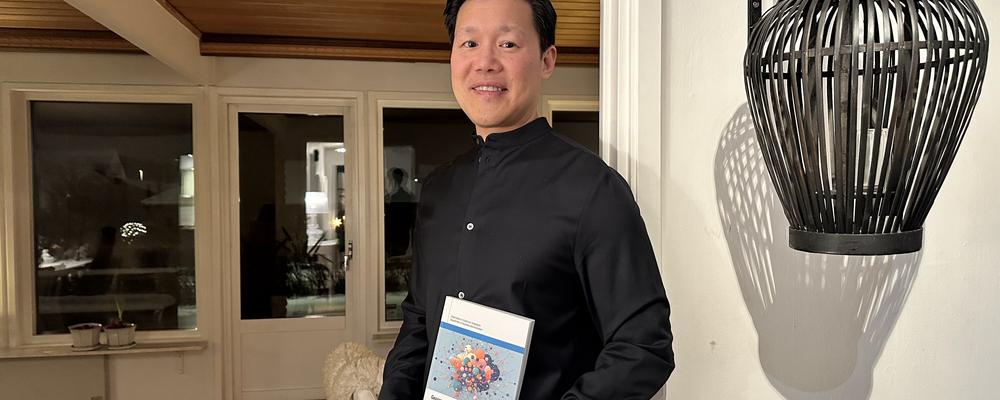Alexander Kristiansen, would you like to tell us a bit about your doctoral thesis "Geographies of Management Ideas"?
Absolutely. A central question for all organisations is: how should we work? In some industries, the answer to this question for many companies has been Agile development or Lean production. Simply put, these concepts are often presented as ready-made recipes for 'optimal' ways of working. In academia, these concepts are often referred to as management ideas and have naturally been studied primarily by scholars in organisation studies, as management ideas govern how people work.
However, management ideas not only affect economic activity within firms, but they also affect economic activity between firms and their customers, suppliers, and other market actors. A clear example of this is the number of suppliers in the automotive industry that have established themselves in the Gothenburg area as a result of the Lean concept of just-in-time that is common in the automotive industry.
Although management ideas contribute to shaping economic activity geographically, management ideas have not been acknowledged in the field of economic geography.
How have you organised your work on this thesis?
For a couple of months, I shadowed four teams of programmers, both in Sweden and China, as they worked according to the Agile management idea. When I wasn't sitting in their meetings or interviewing them, I worked from a desk next to them. I studied the different challenges faced by the teams in their endeavour to work according to Agile, and the different cultural challenges that the approach presented to the teams in China and Sweden.
What challenges have you encountered?
For me, the challenges have mainly been on a personal level. Unlike many other doctoral students, I had worked in the business world for almost 15 years before returning to academia to pursue my doctorate. What is considered important and relevant differs greatly between business people and business researchers. So while my business experience has been an asset at times, it has also been a huge cultural shift for me.
Can you describe your feelings now?
A huge relief.
By: Agnes Faxén
